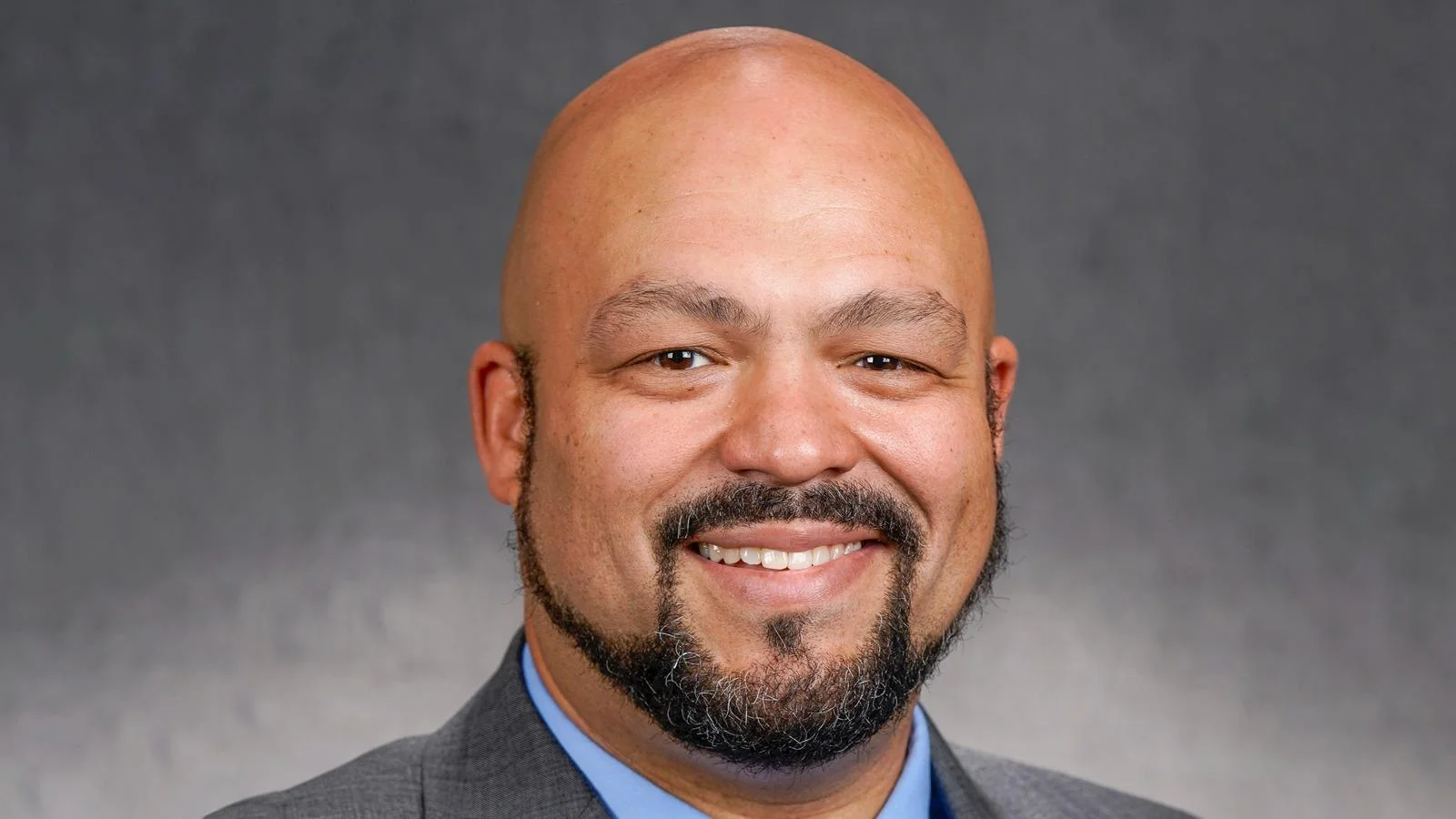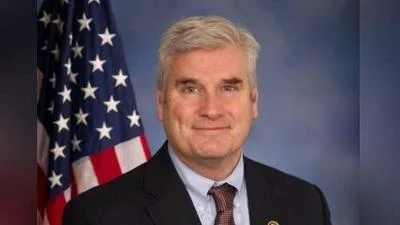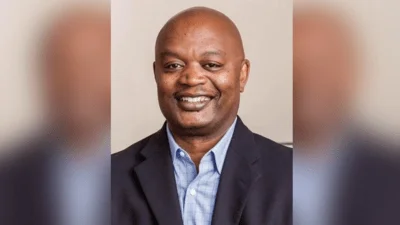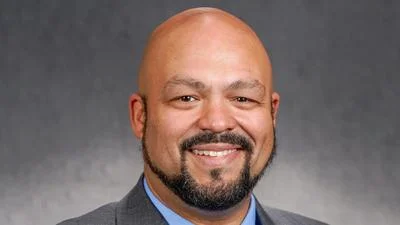Walter Hudson, Minnesota State Representative from 30A District | Official Website
Walter Hudson, Minnesota State Representative from 30A District | Official Website
Walter Hudson, a public figure known for his political commentary, shared a series of posts on his X (formerly Twitter) account on October 9, 2025, addressing topics ranging from obstruction of justice to California's wildfire management and national political discourse.
In his first post, Hudson commented on a legal matter, stating, "Actually, this is what obstruction of justice looks like, and you can and should be arrested for it." (posted October 9, 2025).
Later that day, he addressed California's response to wildfires. Hudson wrote, "California's governance caused the devastation of those fires.
They choose to not manage their forests.
They choose to not ensure water infrastructure.
They choose to prioritize woke over competence.
Why should the rest of us pay for that?" (posted October 9, 2025). His comments reflect ongoing debates about the role of state policy in wildfire prevention and disaster management.
In a third post the same evening, Hudson discussed recent statements about incitement and free speech in U.S. politics: "Ignore the context about inciting riots, which they conveniently included.
Trump can be unartful. But inciting violence is not 'free speech.'
The fact national Democrats are willing to claim otherwise tells you everything you need to know." (posted October 9, 2025). This statement highlights divisions over interpretations of political rhetoric and its limits under free speech protections.
Wildfire management in California has been a subject of political debate in recent years. Some critics argue that state policies regarding forest management and infrastructure have contributed to wildfire severity. Others note that factors such as climate change and drought conditions also play significant roles in wildfire risk and outcomes. Debates over federal versus state responsibility for disaster costs continue as communities face increasing challenges from natural disasters.






 Alerts Sign-up
Alerts Sign-up